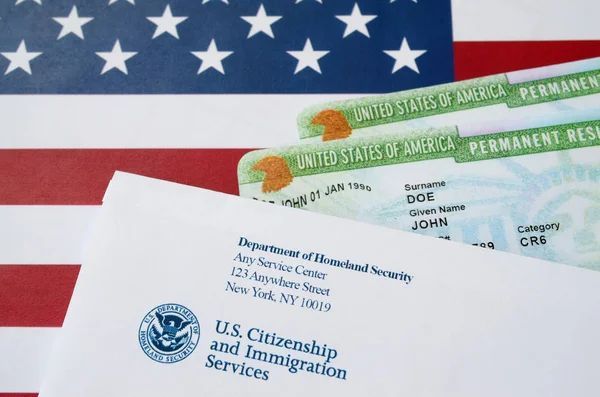🗣️ Fluent in English, Spanish & Portuguese 🌍
Defying Deportation: The Battle of Miguel-Peña v. Garland (2024)
In the case of Wendy Carolina Miguel-Peña and her minor daughter vs. Merrick B. Garland, United States Attorney General, the petitioners, natives and citizens of El Salvador, entered the United States without authorization in 2016 and sought asylum, withholding of removal, and protection under the Convention Against Torture (CAT). They appealed a Board of Immigration Appeals (BIA) decision that dismissed their appeal regarding the denial of their motion to terminate removal proceedings and their asylum application.
Arguments from Both Sides:
- Petitioners' Arguments: The petitioners contended that their Notices to Appear (NTAs) were defective because they lacked specific details required by 8 U.S.C. § 1229(a), such as the time and place of the removal proceedings. They argued this violated claim-processing rules and that the defects and improper service constituted a violation of statutory and regulatory due process requirements. For asylum, they claimed they were persecuted on account of their anti-gang political opinion and membership in a particular social group (PSG), specifically "women business owners in El Salvador."
- Respondent's Argument: The government argued that the BIA correctly found the petitioners' NTAs did not deprive the immigration judge (IJ) of jurisdiction over their proceedings, and the defects did not violate due process or claim-processing rules. Regarding asylum, the government maintained that there was no nexus between the alleged persecution and the protected grounds claimed by the petitioners. It also agreed with the BIA's conclusion that "women business owners in El Salvador" does not constitute an immutable PSG.
Analysis of Arguments:
- The court reviewed the BIA's legal conclusions de novo and its factual findings for substantial evidence. It concluded that: The petitioners failed to exhaust their claim-processing arguments regarding their NTAs before the agency, which under 8 U.S.C. § 1252(d)(1), is required for judicial review.
- Regarding asylum, the court agreed with the BIA that there was no nexus between the alleged persecution and a protected ground (anti-gang political opinion) and that "women business owners in El Salvador" is not a recognized PSG due to its non-immutable nature.
Cases and Statutes Relied Upon:
- 8 U.S.C. § 1229(a) for NTA requirements.
- 8 U.S.C. § 1252(d)(1) for the requirement to exhaust administrative remedies.
- Pereira v. Sessions and subsequent cases such as Martinez-Perez v. Barr, which clarified that NTA requirements and exhaustion requirements are claim-processing rules subject to waiver and forfeiture.
- The definition of PSGs as described in Matter of Acosta.
Holding:
The court denied the petition for review, upholding the BIA's decision. It determined that the petitioners failed to exhaust their claim-processing arguments about their NTAs and agreed with the BIA's assessment of the asylum claims regarding the nexus and PSG.
Legal Implications in Simple Terms:
This case underscores the importance of exhausting all administrative remedies and presenting specific legal theories to immigration agencies before seeking judicial review. It also highlights the stringent criteria for defining PSGs and establishing a nexus for asylum claims.
Rating:
Given the outcome and the court's adherence to strict procedural and substantive standards for asylum claims, this case would likely be rated as a 2, indicating a scenario most negative to immigrants. It reflects the challenges petitioners face in proving persecution based on a protected ground and the importance of procedural compliance in immigration proceedings.

By Juan Torrico
•
January 16, 2025
Discover the latest updates on Temporary Protected Status (TPS) as new countries are added to the list, providing crucial support for individuals facing crises. Learn about eligibility, application processes, and the benefits of TPS to secure your future in the U.S.
CONTACT US
950 S. Winter Park Dr., Suite 207
Casselberry, FL 32707
PRACTICE AREAS










